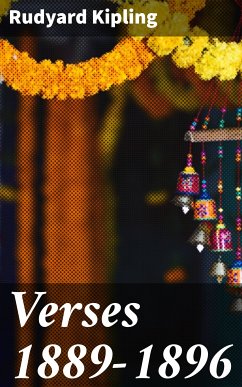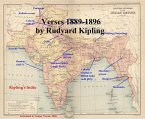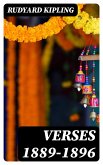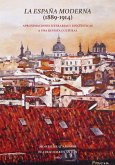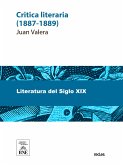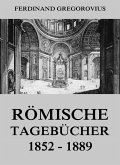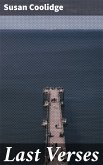In "Verses 1889-1896," Rudyard Kipling crafts a rich tapestry of poetic expression that reflects the complexities of imperial Britain and the intricate socio-political landscape of the late 19th century. This compilation showcases Kipling's mastery in employing varied poetic forms, from ballads to narrative poems, each encapsulating themes of adventure, colonialism, and the human experience. The collection offers a vivid exploration of life in British India, the notions of duty and honor, as well as the connection between man and nature, illustrating Kipling's keen observation and empathy. His distinctive use of rhythm and local vernacular anchors the reader in the era, making it both a historical document and an artistic statement. Rudyard Kipling, a luminary of British literature and the recipient of the Nobel Prize in Literature in 1907, was born in India, an experience that profoundly influenced his writing. His dual cultural identity and time spent in British India provided him with unique insights into the effects of colonialism and the complexity of human relationships. Kipling's early exposure to diverse cultures and storytelling traditions informed his poetic voice, leading to a nuanced and often critical perspective on imperialism. This collection is highly recommended for readers who are interested in an intricate interplay of history, culture, and poetic form. "Verses 1889-1896" invites literary scholars, students, and casual readers alike to delve into Kipling'Äôs profound reflections on society, encouraging a deeper understanding of both the text and the period it represents.
Dieser Download kann aus rechtlichen Gründen nur mit Rechnungsadresse in A, B, BG, CY, CZ, D, DK, EW, E, FIN, F, GR, H, IRL, I, LT, L, LR, M, NL, PL, P, R, S, SLO, SK ausgeliefert werden.

